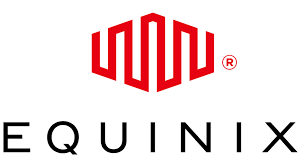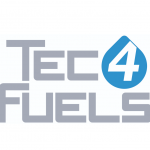The E2P2-project consortium is happy to announce that Deerns have joined as a system integrator
The EcoEdge PrimePower (E2P2) proof-of-concept initiative aims to develop the authoritative open standard for fuel cell applications, paving the way towards the commercialization of fuel cell energy for data centres and other energy-intensive industries. A consortium of seven companies—Equinix, InfraPrime,










